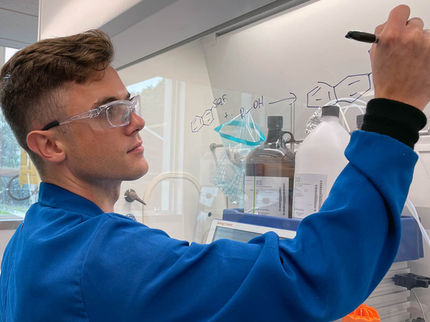Of Catalysts and Coke
Peering inside catalyst used in biofuel processing to investigate why it clogs
Advertisement
catalysts known as zeolites are vital to fuel production and other processes. Coke deposits in zeolites are a costly problem in petroleum refinement and in petrochemical production.
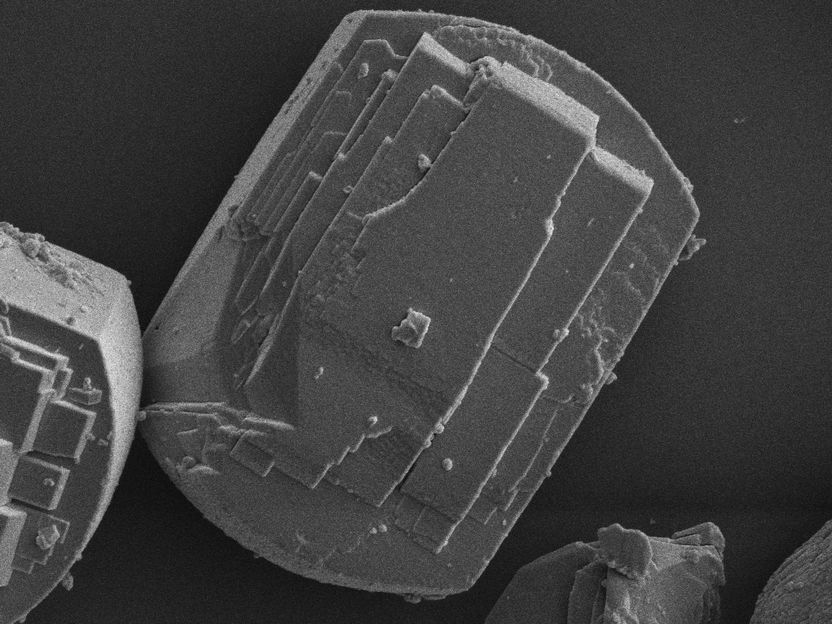
This tiny piece of the mineral zeolite has been involved in many chemical reactions similar to the ones used in oil production.
Courtesy of Pacific Northwest National Laboratory
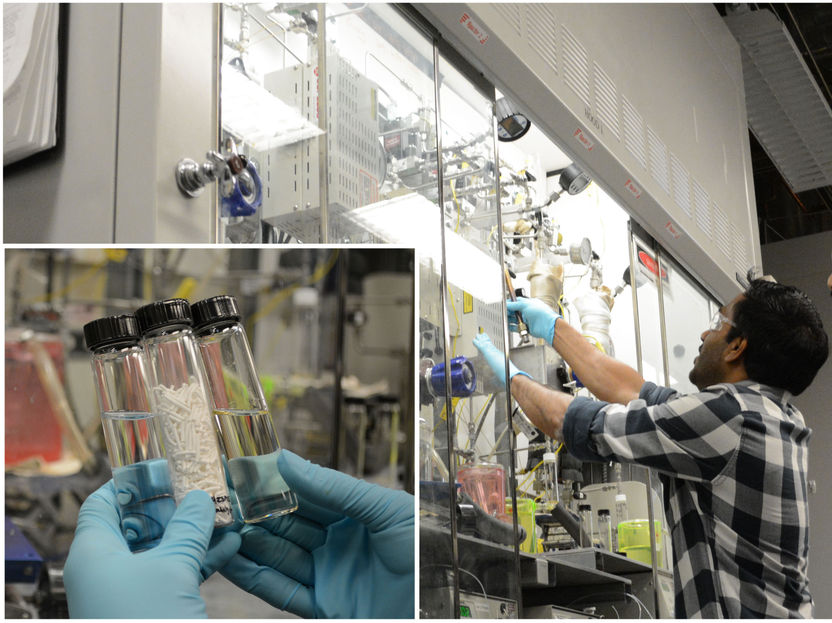
PNNL researchers investigate how zeolite catalysts suffer wear and tear while aiding chemical reactions.
Courtesy of Pacific Northwest National Laboratory
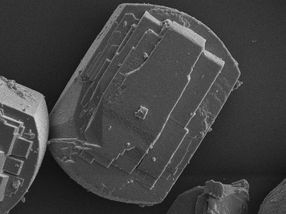
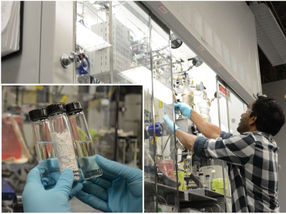
"Understanding coke molecules in zeolites will provide broad benefits across the refinery and renewable energy industries, and zeolite is one of the most highly utilized catalysts," said Karthikeyan Ramasamy, a chemical engineer at the Department of Energy's Pacific Northwest National Laboratory .
To explore ways to fix the issue, Ramasamy and other researchers from PNNL, with help from DOE's Lawrence Berkeley National Laboratory , zoomed in at the highest resolution yet on these problematic carbon-based deposits.
They found zeolites's porous nature makes it a great chemical catalyst, but also traps tiny clusters of carbon-containing molecules that can ultimately disrupt the catalysis process. An uneven distribution of aluminum in the fresh zeolite catalyst causes an uneven distribution of coke deposits during chemical reactions.
"We wanted to understand this coking mechanism and where it blocks the reaction and how it blocks it. By using a combination of techniques we could compare them to one another and form a complete story," said PNNL materials scientist Arun Devaraj, who co-led the study with Ramasamy.



